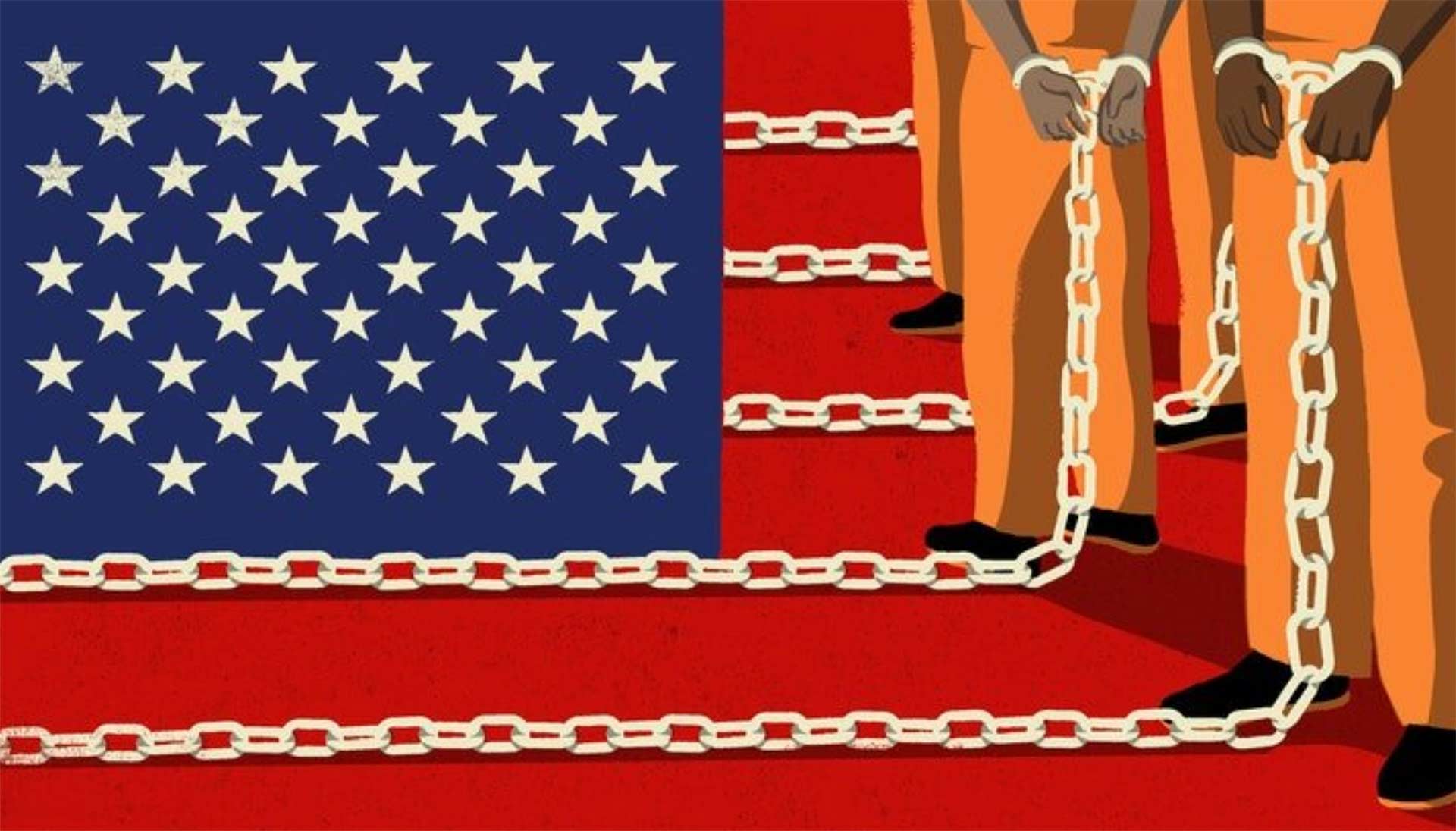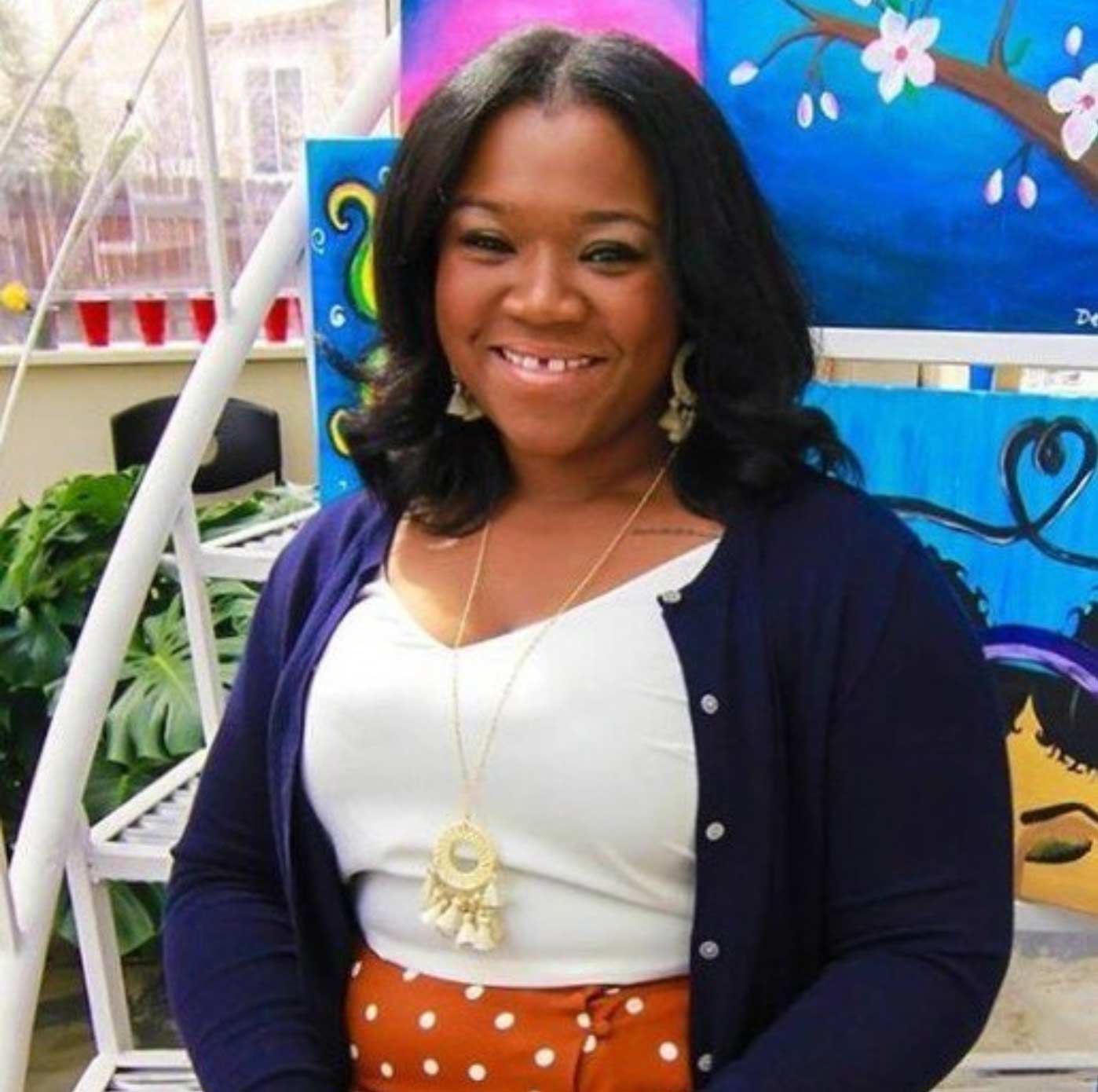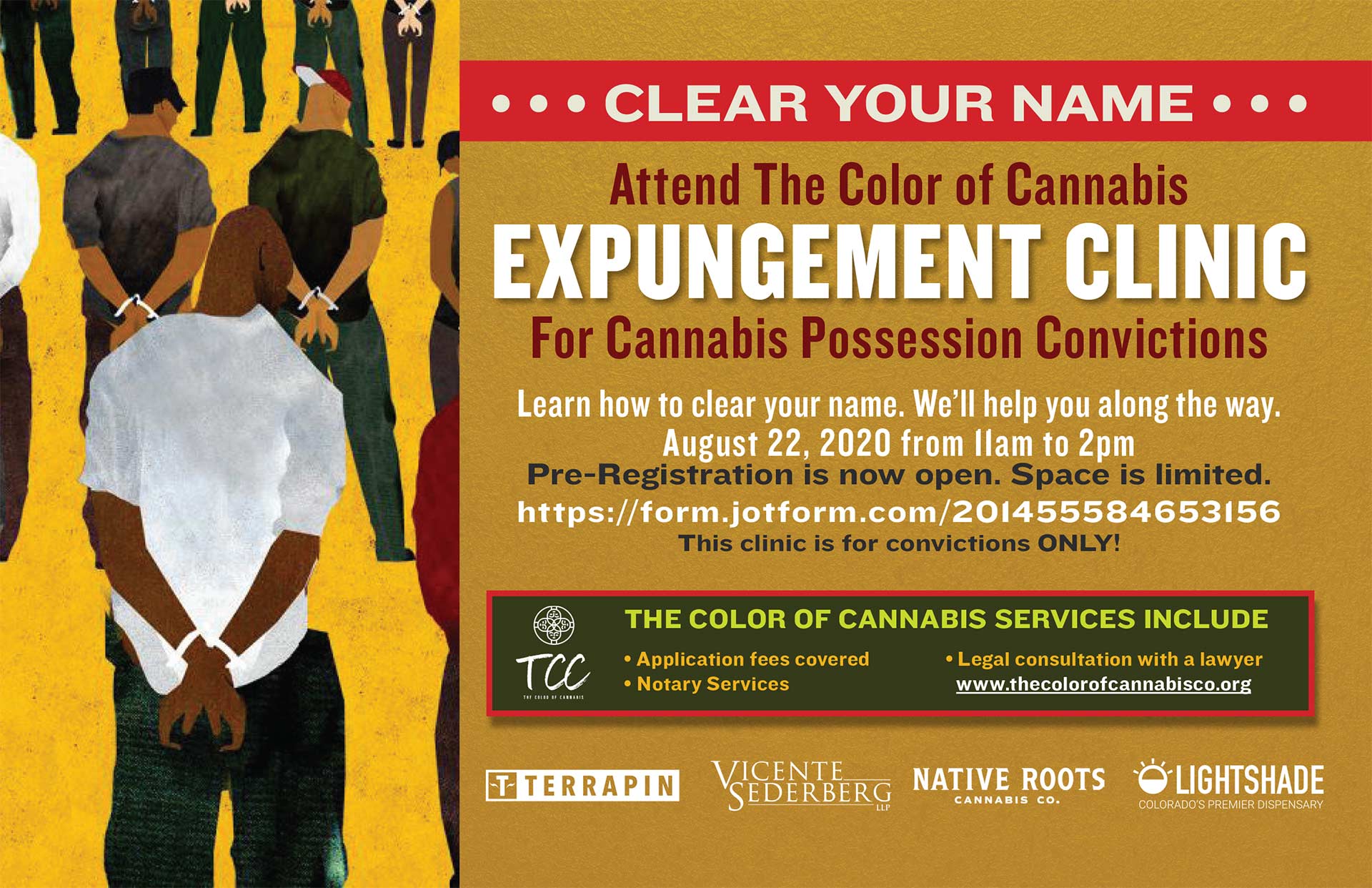Sarah Woodson and the Color of Cannabis are creating cannabis industry opportunities for People of Color.
Cannabis is medicine. It’s also fun. But the cannabis industry has a long way to go before it’s fair, equitable, and diverse.
Our nation and the world are experiencing a civil rights awakening, as uncomfortable conversations occur at dinner tables, on the streets, and in (virtual) workplaces globally.
The cannabis industry is taking center stage as people realize there are more Black men imprisoned today than before the Civil War. And a significant percentage of the Black and Brown men and women serving sentences in America’s prisons are there as the result of the War on Drugs.
Here is a handful of facts assembled by the Center for American Progress to demonstrate our point:
- Black Americans are four times more likely to face arrest for cannabis charges than their white peers. And Black Americans make up almost 30 percent of all drug-related arrests, despite accounting for only 12.5 percent of all substance users.
- Black Americans are almost six times more likely to face incarceration for drug-related offenses than their white counterparts, despite equal substance usage rates. Nearly 80 percent of people serving time for a federal drug offense are Black or Latino. And in state prisons, People of Color are 60 percent of those serving time for drug charges.
- In the federal system, the average Black defendant convicted on a drug charge will serve nearly the same amount of time as a white defendant would for a violent crime.
- People of Color account for 70 percent of all defendants convicted of charges with a mandatory minimum sentence. Prosecutors are twice as likely to pursue a mandatory minimum sentence for a Black defendant than a white defendant charged with the same offense, and Black defendants are less likely to receive relief from mandatory minimums. Defendants subject to mandatory minimums, on average, spend five times longer in prison than those convicted of other charges.
We’ve talked about the connected history of cannabis and Black and Brown people in America before (here and here). But we haven’t addressed the 400 years of policy-driven oppression that’s taken us to this moment in 2020, a moment in which the global pandemic and public death of a Black man at the hands of police have collided in a perfect storm of social awakening. It’s time for a change, and Sarah Woodson and the Color of Cannabis are leading the way in Colorado.

Sarah Woodson has entrepreneurship ingrained in her.
The daughter of entrepreneurs, Sarah, is driven to succeed on her terms. But after earning her Associate’s Degree and two Paralegal certificates, and founding what would become Colorado’s largest Pro-Se Bankruptcy business (including a social equity program for Women of Color), she experienced professional burnout.
Sarah’s husband was interested in cultivation and encouraged her to find a place in Colorado’s then-new cannabis industry with him – as dispensary owners. Unlike her husband, however, Sarah wasn’t a cannabis consumer. In fact, at the time, to Sarah, cannabis didn’t represent positivity and opportunity. When we spoke with her, she said, “My husband was negatively impacted by cannabis despite his interest in cultivation, so initially, it didn’t leave a good taste in my mouth.”
But by 2015, Colorado’s cannabis industry started to mature, and Sarah’s opinions shifted. Her entrepreneurial DNA had her looking for a way into the burgeoning industry.
Sarah entered our industry through hospitality, by-way-of her business, Kush and Canvases – an upscale consumption-friendly forum for cannabis-fueled art. She also continued to look for new opportunities. As fate would have it, an encounter at Denver Startup Week with Cannabis Global Initiative founder, Wanda James, who said, “if you’re not in politics, you’re not in cannabis,” changed the direction of her career.
Realizing thousands of people are still imprisoned for cannabis offenses in a state that ended its prohibition, Sarah looked at ways to give back. She started volunteering with Denver’s Turn Over a New Leaf program to help expunge the records of Coloradoans with low-level cannabis convictions.
Through her work with Turn Over a New Leaf, Woodson found a mentor in Kristi Kelly of the Marijuana Industry Group; she also found a job with MIG. And with her experiences, education, and cannabis industry connections, the die for the Color of Cannabis was cast.

In Sarah’s words:
“Through my work at Marijuana Industry Group, I understood what Wanda meant when she said if you’re not in politics, you’re not in cannabis. And once I wrapped my head around my experiences and connections, the call was there. And the call was, you need to make sure you help other Black and Brown people enter the industry because if they don’t have these connections and opportunities, they’re not going to be successful – that’s how the Color of Cannabis started.”
Sarah answered the call. She and the Color of Cannabis are focused on transforming people’s lives impacted negatively by cannabis prohibition and changing the concept of who social equity candidates are. For her, all roads lead back to entrepreneurship, because social equity specifically, is excellent for the Black and Brown entrepreneur. And becoming successful in America, as a Person of Color, can be an act of civil disobedience.
Many people speak of what’s wrong with the cannabis industry, but not enough people are looking at how we make it equitable. The Color of Cannabis is a bridge between our industry and the community. They build pathways for People of Color to enter cannabis at every level, through respectful but progressive conversations, advocacy, and free expungement clinics. Because sealing the records of Black and Brown Coloradoans with cannabis convictions is a pathway to opportunity and success and a way to build generational wealth.
“A social equity candidate is not a person that’s broke, poor, and unintelligent. It’s a person that needs an opportunity and is worthy of that opportunity.” – Sarah Woodson
The Color of Cannabis represents the equitable interests of Black and Brown people who want to participate in the legal cannabis industry. They do this through criminal justice reform, legislation and public policy, and business education and technical assistance. Through their work, CoC can help restore and repair the people and communities negatively impacted by America’s War on Drugs.
We can pass bills, create policies, have conversations, and advocate, but if we don’t have widespread participation, the hard work will be in vain. If you’re a Person of Color interested in our industry, reach out to the Color of Cannabis – they’ll get you connected and provide information because Sarah and her team are committed to your inclusion in the cannabis industry.
Please join the Color of Cannabis, Lightshade, and others on Saturday, August 22, from 11 AM to 2 PM, for a free cannabis expungement clinic. Click here for more information and to register.
